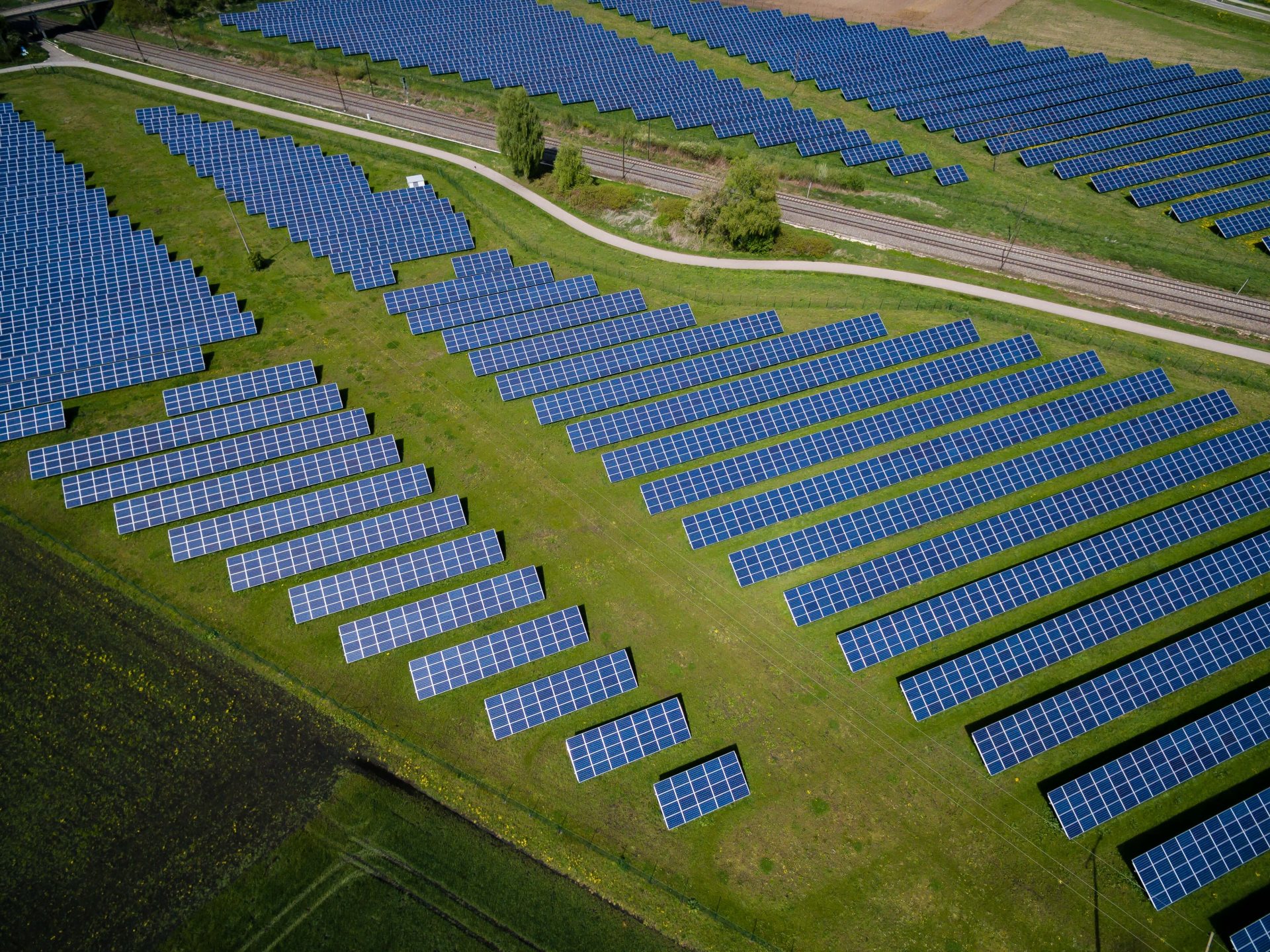Renewable technologies have gained increased importance as businesses strive to minimize energy expenditures and adhere to regulations. One effective solution is the Power Purchase Agreement (PPA), a contract between a renewable energy provider and a business that enables the achievement of global sustainability targets in a financially feasible manner. Through PPAs, businesses can secure a fixed price for renewable energy, gain long-term price certainty, and decrease their reliance on fossil fuels. Partnering with a renewable energy provider also allows companies to showcase their dedication to reducing greenhouse gas emissions and fighting climate change.
According to ABI Research, net additional renewable energy capacity associated with PPAs is predicted to see a Compound Annual Growth Rate (CAGR) of 24% until 2027. This growth can be attributed to the flexibility offered by virtual and short-term contracts, enabling businesses across diverse locations to benefit from clean energy sources, stable pricing, customized contracts, and lasting partnerships with energy providers.
How Power Purchase Agreements Work and their Benefits
A PPA serves as an energy procurement strategy where utility providers pledge to supply renewable energy sources, such as solar or wind, to a business at a predetermined rate per megawatt-hour (MWh) for a specified duration. This arrangement provides companies protection against market fluctuations, while the provider benefits from consistent, long-term revenue streams that help secure bank or investor project financing.
PPAs ensure that electricity generated from renewable energy projects is never wasted. By participating in a PPA, businesses actively support the growth of clean energy sources, contribute to a sustainable future, and demonstrate their commitment to environmental stewardship, potentially enhancing their reputation among consumers and stakeholders.
Virtual Power Purchase Agreements and their benefits
Traditionally, PPAs involved long-term contracts with businesses using energy supply at a nearby site. However, virtual power purchase agreements (VPPAs) now allow businesses to purchase renewable energy at a fixed cost, regardless of the energy source’s location. This development in the energy market can be credited to technological advancements and global efforts to promote sustainable energy sources.
VPPAs offer multiple benefits, including mitigating risks associated with fluctuating energy prices, enhancing green credentials, and supporting the renewable energy sector irrespective of the business’s location. Companies with multiple locations can streamline their operations and improve their environmental impact while possibly lowering energy costs.
Another advantage of VPPAs includes consistent energy supply, even during maintenance or repair, as electricity continues to be sourced from the local grid. This reduces the risk of power outages and promotes the use of greener energy alternatives.
Short-term Power Purchase Agreements
Short-term PPAs protect businesses against unstable market conditions, offering flexible contract terms with durations as short as one year. This allows companies to adapt quickly to market changes, ensuring manageable and predictable electricity costs. Opting for short-term PPAs also enables organizations to reassess their energy procurement strategy continuously, adjusting in real-time to meet operational requirements and capitalize on favorable market conditions.
Ultimately, these safeguards make renewable technology adoption more attainable for a wider range of businesses, promoting a greener and more eco-friendly business environment.
Conclusion: The Future of Power Purchase Agreements
PPAs, including variations such as VPPAs and short-term agreements, provide businesses with a flexible and customizable approach to investing in renewable energy technologies. The adoption of PPAs is expected to grow, with a projected 24% CAGR of net additional renewable energy capacity associated with PPAs until 2027, as more businesses turn to sustainable energy solutions.
This shift not only helps reduce businesses’ carbon footprint but also saves on long-term energy costs. Increased use of PPAs showcases a growing corporate commitment to addressing climate change and promoting widespread clean energy technology adoption.
FAQ: The Rise of Power Purchase Agreements in Renewable Energy
What is a Power Purchase Agreement (PPA)?
A Power Purchase Agreement (PPA) is a contract between a renewable energy provider and a business that enables the achievement of global sustainability targets in a financially feasible manner. It allows businesses to secure a fixed price for renewable energy, gain long-term price certainty, and decrease their reliance on fossil fuels.
What is the expected growth rate for PPAs?
According to ABI Research, net additional renewable energy capacity associated with PPAs is predicted to see a Compound Annual Growth Rate (CAGR) of 24% until 2027.
What are the benefits of a Power Purchase Agreement?
PPAs provide companies with protection against market fluctuations and ensure that electricity generated from renewable energy projects is never wasted. Participating in a PPA enables businesses to actively support the growth of clean energy sources, contribute to a sustainable future, and demonstrate their commitment to environmental stewardship.
What is a Virtual Power Purchase Agreement (VPPA)?
A Virtual Power Purchase Agreement (VPPA) allows businesses to purchase renewable energy at a fixed cost, regardless of the energy source’s location. This development in the energy market provides multiple benefits, including mitigating risks associated with fluctuating energy prices, enhancing green credentials, and supporting the renewable energy sector irrespective of the business’s location.
What are Short-term Power Purchase Agreements?
Short-term PPAs offer flexible contract terms with durations as short as one year, protecting businesses against unstable market conditions. This flexibility allows companies to adapt quickly to market changes, ensuring manageable and predictable electricity costs.
What is the future of Power Purchase Agreements?
The adoption of PPAs, including variations such as VPPAs and short-term agreements, is expected to grow with a projected 24% CAGR of net additional renewable energy capacity associated with PPAs until 2027. This shift helps reduce businesses’ carbon footprint, saves on long-term energy costs, and promotes widespread clean energy technology adoption.
First Reported on: forbes.com
Featured Image Credit: Photo by Andreas Gücklhorn; Unsplash; Thank you!

